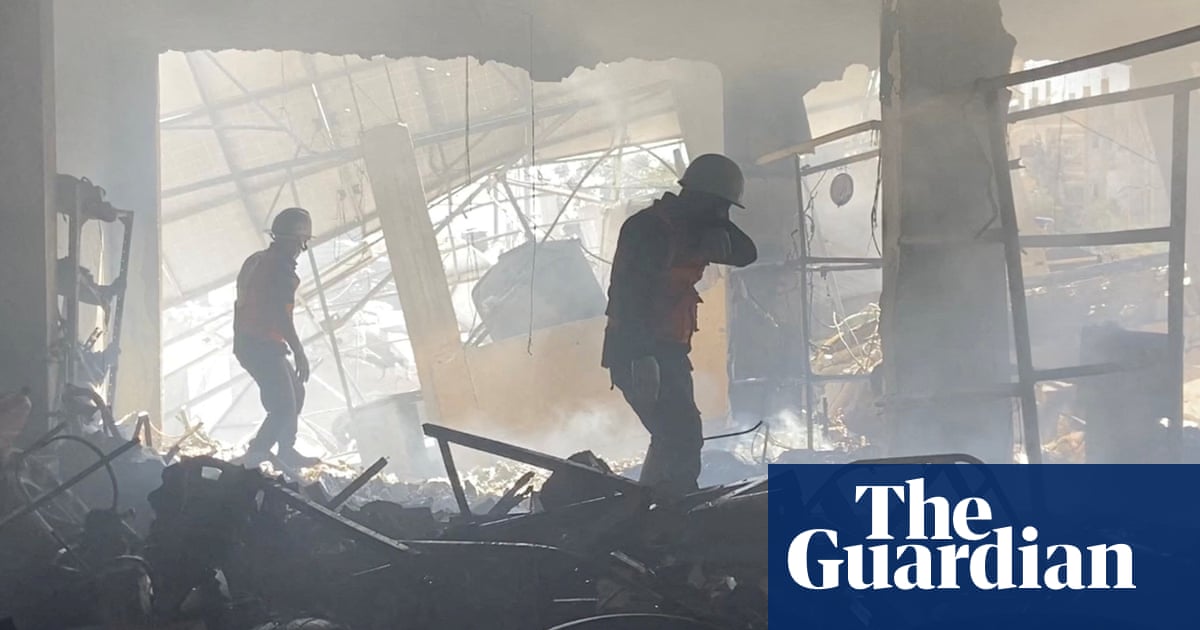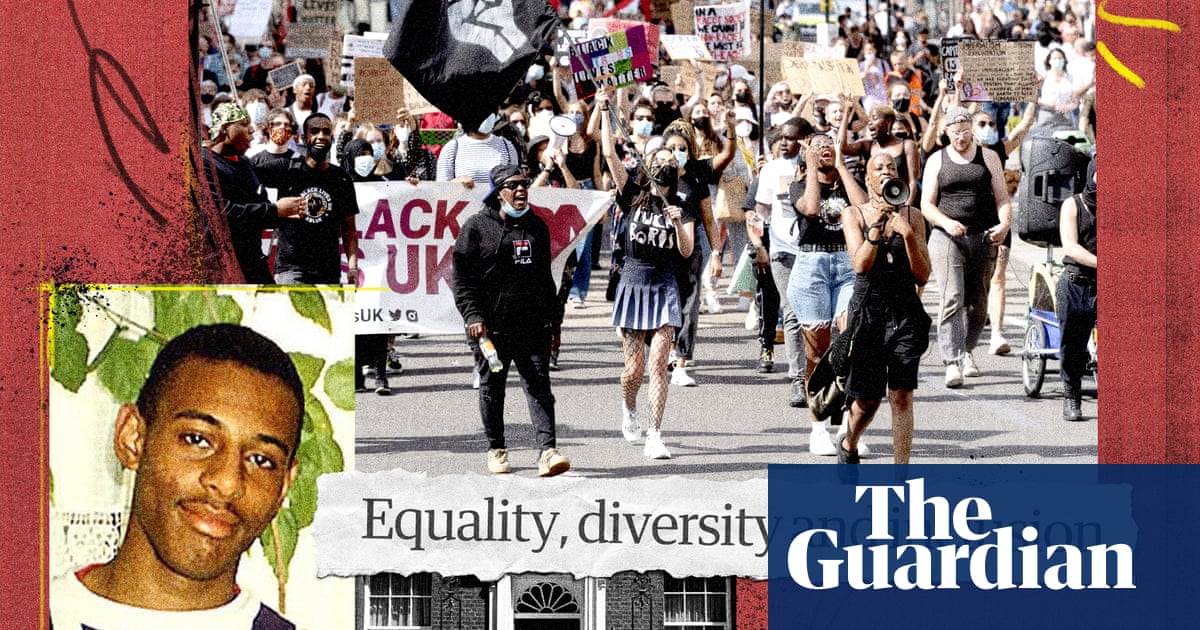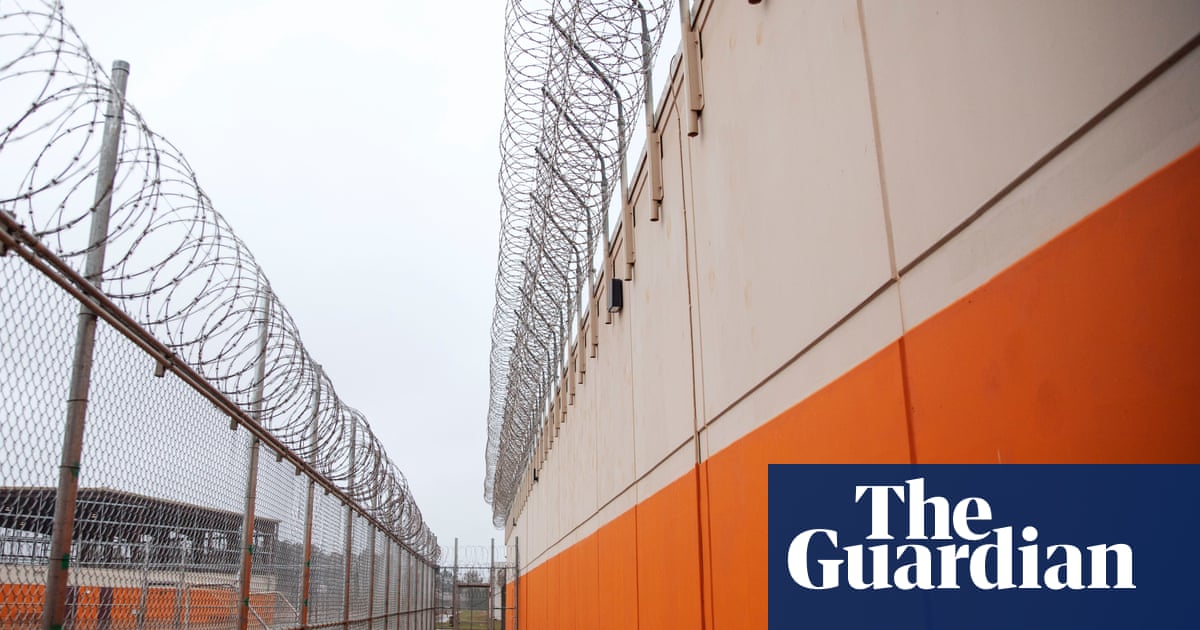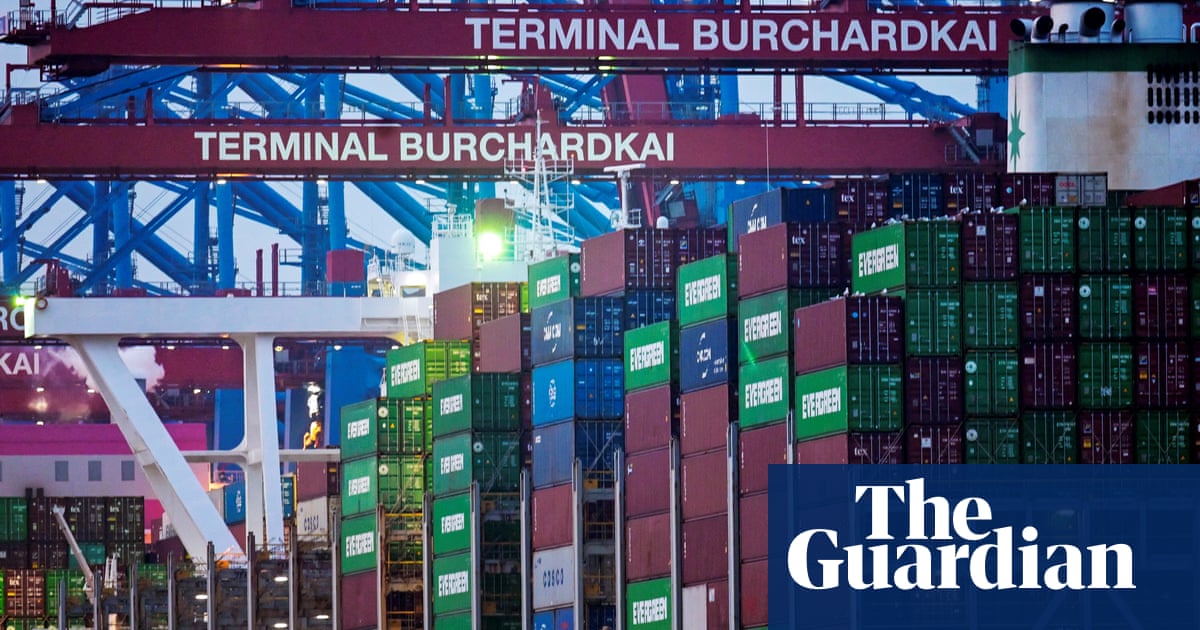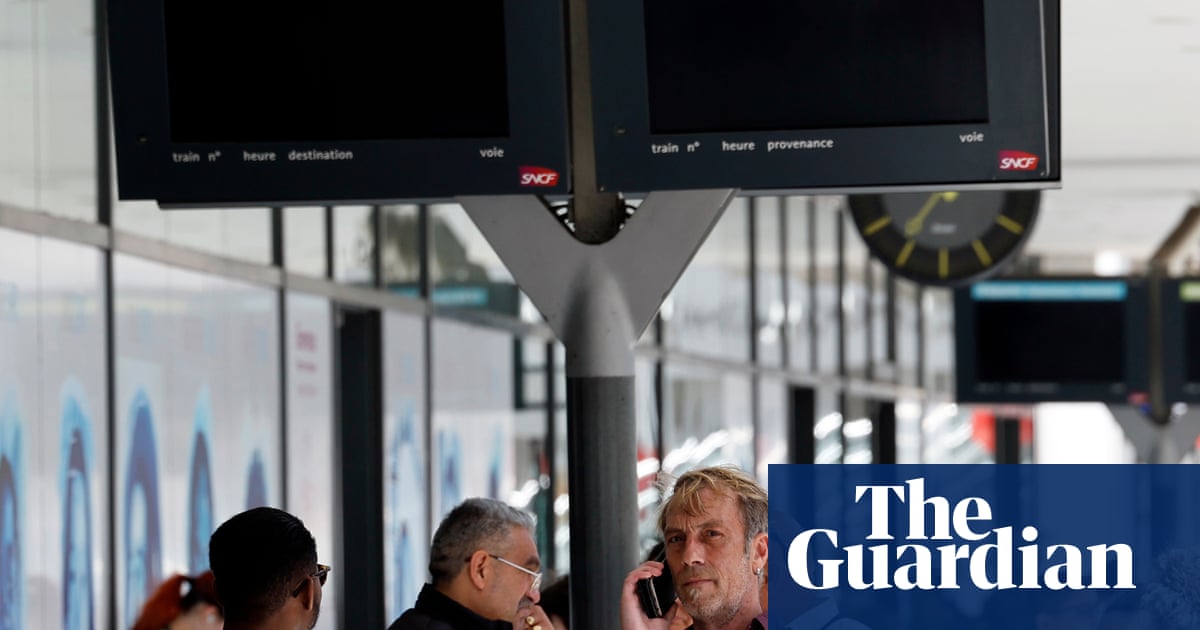The Trump administration has continued releasing people charged with being in the country illegally to non-governmental shelters along the US-Mexico border after previously telling those same organizations that providing immigrants with temporary housing and other aid may violate a law used to prosecute smugglers.
Border shelters, which have long provided lodging and meals before offering transportation to the nearest bus station or airport, were rattled by a letter from the Federal Emergency Management Agency (Fema) that raised “significant concerns” about potentially illegal activity and demanded detailed information in a wide-ranging investigation.
Fema suggested shelters may have committed felony offenses related to bringing people across the border illegally or transporting them within the US.
“It was pretty scary. I’m not going to lie,” said Rebecca Solloa, executive director of Catholic Charities of the diocese of Laredo, Texas.
US Immigration and Customs Enforcement (Ice) continued to ask shelters in Texas and Arizona to house people even after the 11 March letter, putting them in the awkward position of doing something that Fema appeared to say might be illegal. Both agencies are part of the Department of Homeland Security (DHS) and have also been accused of withholding funds from organizations, in addition to asking them to hand over names of those they’ve helped and implying that some charities are human-smuggling operations.
After receiving the letter, Catholic Charities still received eight to 10 people a day from Ice until financial losses forced it to close its shelter in the Texas border city on 25 April, Solloa said.
The Holding Institute community center, also in Laredo, has been taking about 20 families a week from Ice’s family detention centers in Dilley and Karnes City, Texas, executive director Michael Smith said. They come from Russia, Turkey, Iran, Iraq, Papua New Guinea and China.
Annunciation House in El Paso, Texas, a storied institution in the region, has been receiving five to 10 people a day from Ice, including from Honduras and Venezuela, said Ruben Garcia, its longtime executive director.
The International Rescue Committee (IRC) did not get a letter but continues receiving people from Ice in Phoenix, according to a person briefed on the matter who spoke on condition of anonymity to discuss information that has not been made public. The releases include people who had been held at Ice’s Krome detention center in Miami, Florida, a site of severe overcrowding.
Ice’s requests struck Solloa as a “little bit of a contradiction”, but Catholic Charities agreed to them. She said some guests had been in Ice detention centers for two to four weeks after being arrested in the nation’s interior and ordered released by an immigration judge while their challenges to deportations wind through the courts. Others had been flown from San Diego, California, after crossing the border without authorization.
Those released were from India, China, Pakistan, Turkey and Central and South America, Solloa said.
Smith, a Methodist pastor, said that the Fema letter was alarming and that agreeing to continue caring for people released by Ice was “probably not a good idea”. Still, it was an easy choice.
“There’s some things that are just right to do,” he said.
Tricia McLaughlin, spokesperson for the DHS, drew a distinction with large-scale releases under Trump’s predecessor, Joe Biden. The Biden administration worked closely with shelters but, during its busiest times, released immigrants at bus stops or other public locations.
after newsletter promotion
“Under the Biden administration, when Ice has aliens in its custody who are ordered released, Ice does not simply release them onto the streets of a community – Ice works to verify a sponsor for the illegal alien, typically family members or friends but occasionally a non-governmental organization,” McLaughlin said.
The US government has struggled to quickly deport people who have arrived from some countries because of diplomatic, financial and logistical challenges. Those hurdles have prompted Ice to deport people to countries other than their own, including El Salvador, Costa Rica and Panama, and – this week – an attempt to remove people, mostly originally from south Asia, to South Sudan. If those options aren’t available, Ice may release people in the US, which the Trump administration is reluctant to do.
Fema awarded $641m to dozens of state and local governments and organizations across the country in the 2024 fiscal year to help them deal with large numbers of immigrants who crossed the border from Mexico.
But Fema has suspended payments during its investigation, which requires shelters to provide “a detailed and descriptive list of specific services provided”. Executive officers must sign sworn statements that they have no knowledge or suspicions of anyone in their organizations violating the smuggling law.
The releases show how border shelters have often maintained close, if cordial, relations with federal immigration authorities at the ground level, even when senior officials publicly criticize them.
“We have a good working relationship with our federal partners. We always have,” Solloa said. “They asked us to help, then we will continue to help, but at some point we have to say: ‘Yikes, I don’t have any more money for this. Our agency is hurting and I’m sorry, we can’t do this anymore.’”
Catholic Charities hosted at least 120,000 people at its Laredo shelter since opening in 2021 and housed 600 to 700 people on its busiest nights in 2023, Solloa said. It was counting on up to $7m from Fema. The shelter closed with a loss of nearly $1m million after not receiving any Fema money.

 5 hours ago
3
5 hours ago
3


